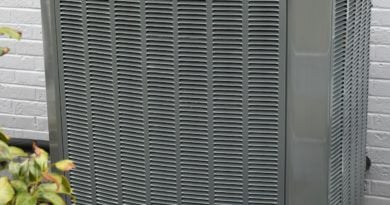4 Reasons to Use a Civil Engineer for Feasibility Studies
Whether you’re planning a new commercial facility for your own business or are hoping to develop a retail facility to lease to other businesses, you need guidance on the feasibility of your goal. Functionally, you need to be sure that the eventual value will justify the cost of your endeavor. Below are just a few of the many reasons to use a civil engineer for a feasibility study.
1. You Can Save a Lot of Planning Time
When planning your next project, it’s a good idea to do a feasibility study earlier rather than later. Someone planning a new manufacturing facility may find that their location won’t work because traffic access is too limited. If trucks can’t get to your facility to take products away to clients, your production will always be limited.
It’s also important to consider power access and storm risk. If the new manufacturing facility uses tools that must be water-cooled to be used safely, you need unquestionable access to power for each shift that works. You may be able to work around this with generator access, but a feasibility study can help you plan ahead before things hit a crisis point.
2. You Can Get the Full Value for Your Investment
Perhaps you’ve got a piece of land that you want to develop for retail use. Smaller retail establishments will take time to get booked and may fail in their early years. Will your land be put to better use for a larger or major retailer? If yes, will you need to wait for road upgrades to improve access to the land?
Many property developers can work hand in hand with city planners to provide citizens with easy access to the latest outdoor malls. However, you need to be sure that the neighborhood can support this retail development and that citizens can safely get in and out of your development before you plan your building and parking areas. Leasing to a major national chain may provide you with more income.
3. Your Goals May Be Applied Elsewhere
The experts who do your feasibility study may be able to help you put your planned development in a better spot. Just because your planned retail shops won’t work in one neighborhood or city doesn’t mean that your ideas can’t be put to better use elsewhere.
Because civil engineers have a view of current conditions, they can also provide you with information about projected opportunities. Plans to build a green shopping center, powered mainly by solar or wind, could be relocated for better success.
4. Your Business Can Grow
With a strong connection to a civil engineer who can help you determine the feasibility of your planned build, you have the chance to learn more about underlying challenges to some regions.
Limited access to logical traffic patterns, decent storm drainage, and even emergency services can strangle your development goals before you begin. Working with a civil engineer with a working knowledge of planned expansion for consumers can give you an edge, whether you are building for your own business or creating locations for other businesses.




